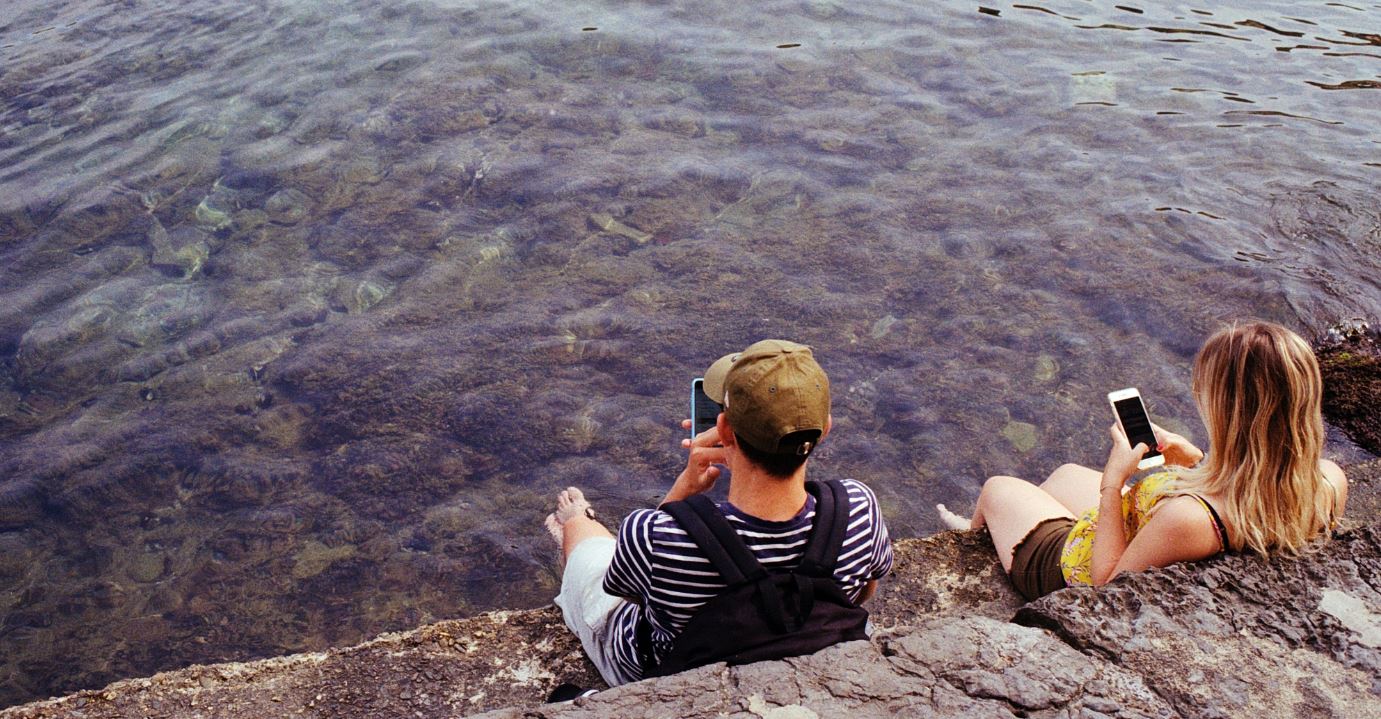It’s hard to believe that it’s been a year since we announced Nominet’s #RESET Mental Health Programme, providing grants of over £500,000 to some of the country’s leading youth mental health charities to help them increase their reach and impact of their services.
If this endeavour was important twelve months ago, it has become critical today as the sustained impact of uncertainty, anxiety and loss – whether of loved ones, freedoms, exams or jobs – takes a serious toll on the mental health of young people, especially those who have struggled with it in the past.
Since the reality of pandemic first hit our shores earlier this year, charity YoungMinds (one of the beneficiaries of #RESET) has been conducting surveys on thousands of young people with a known history of mental health issues to see how they have been coping. In its summer survey, results showed that 80% reported that the pandemic had made their mental health worse, with 87% having felt lonely or isolated during the lockdown. Of those who had been accessing support before lockdown, worryingly, 31% were no longer accessing it but still needed it.
Young people have been turning to digital channels for mental health support for some time now, but lockdowns have made it one of the only ways for those in need to reach out. While our #RESET funding pre-empted this unprecedented period of demand for services, I have no doubt it will have been particularly useful for our charities in a year of changed circumstance and increased need. Each of the eight charities that are part of #RESET has made an enormous difference to the lives of many young people at a difficult time.
So much so, that we wanted to share their stories. When it comes to this key demographic, every single individual helped is a win for society today and in the future.
“We’ve done some major technological redevelopments and employed a Hub of Hope Coordinator, which has contributed to attracting more than 37,000 new users to the Hub of Hope (where they can find local support services) since the beginning of 2020.
We know that the Hub of Hope truly makes a difference: a member of the Northwest Ambulance service has told us of a number of instances where the Hub of Hope has been an incredibly useful and potentially lifesaving tool for them to use when dealing with extremely vulnerable patients.”
Find out more about the charity from the inspiration founder, Jake Mills, in our interview.
Barnardo’s/Snook: Design Patterns for Mental Health
“We’ve had conversations and collaborated with 15 charities that support young people and their mental health, allowing us to identify, classify and publish seven design principles, sixteen patterns and seven examples of patterns in practice in the Mental Health Patterns Library.
A further 30 patterns have been identified and are in development. Each contributes to an emerging understanding of what works in the design and development of digital products and services built to support young people and their mental health.”
“Since November 2019 we have seen 5,966 users come through the Triage Tool, with the three most common search terms being ‘anxiety’, ‘depression’ and ‘self-harm’. By looking at user figures month by month, April 2020 – the first full month of lockdown – saw a noticeable peak.
We’ve also been working on the design of the Triage Tool to develop alternative interfaces into the data as well as the personalisation concept.”
“We completed our very first ‘Discovery’ project to find out what parents in our partner school communities want, and how, in terms of online support – this wouldn’t have been possible if the #RESET fund hadn’t allowed us to dedicate time and resource to it. The feedback helped us to build a prototype chat bot and web app to user test with parents and we are incredibly excited to develop this new service based on their tester experiences during the next phase of the project.”
Anna Freud Centre for Children and Young Families
Since November 2019, the Anna Freud Centre’s Young Champions have created 21 new videos to support other young people with their mental health, with over 50,000 views to date.
“We’ve been able to introduce Nightline’s Intelligence Dashboard, allowing our Communications Department to work more effectively and helping our volunteers to provide accurate responses to media queries and potential donors, create press releases and promotional materials to highlight the vital work of our incredible student volunteers. This helps to drive our charity’s strategic approach to fundraising, improving the charity’s sustainability in the long-term.”
“We were thrilled to complete and deliver ‘Head Ed’, a mental health literacy programme for use across Key Stage 3 and 4, covering topics such as stress, anxiety, depression and resilience. Each module is very comprehensive and includes a Teacher Pack, learning objectives, bite-size educational videos, student tasks, class discussion points and assessment opportunities. Our 100-school pilot of Head Ed included over 10,000 students and we released Head Ed in July 2020, with 440 user schools registered to date.
During the development of Head Ed, we saw there was a need for resources to help students learn about mental health topics independently and so we created an online resource for home learning called ‘Head Ed Light’. We were thrilled when Head Ed Light was recommended by the Department of Education as a mental health education resource that schools could recommend using during the COVID-19 lockdown period.”
Find out more about stem4 from founder Dr Nihara Krause in our blog.
“Our emphasis on creating more interactive content is proving a success; our ‘quarantine quiz’ (aimed at and co-created with young people) on social media helped drive more than a million hits on our website.
Also, young people have written over 50 blogs on our website during these difficult months, offering hope and practical support to one another on issues relating to the pandemic.”
Find out more about the charity in this interview we did with Shirin from YoungMinds.
~
The work carried out by everyone who is part of #RESET is crucial so it’s fantastic to hear how much has been achieved in the first year of this programme, not least because all these charities have been providing mental health support during a time when young people needed it the most, facing changes and restrictions they could never have foreseen. I applaud the adaptability of these charities as they continue to meet the changing needs of the young people they support.
Find out more about Nominet’s #RESET Mental Health programme on our website.



